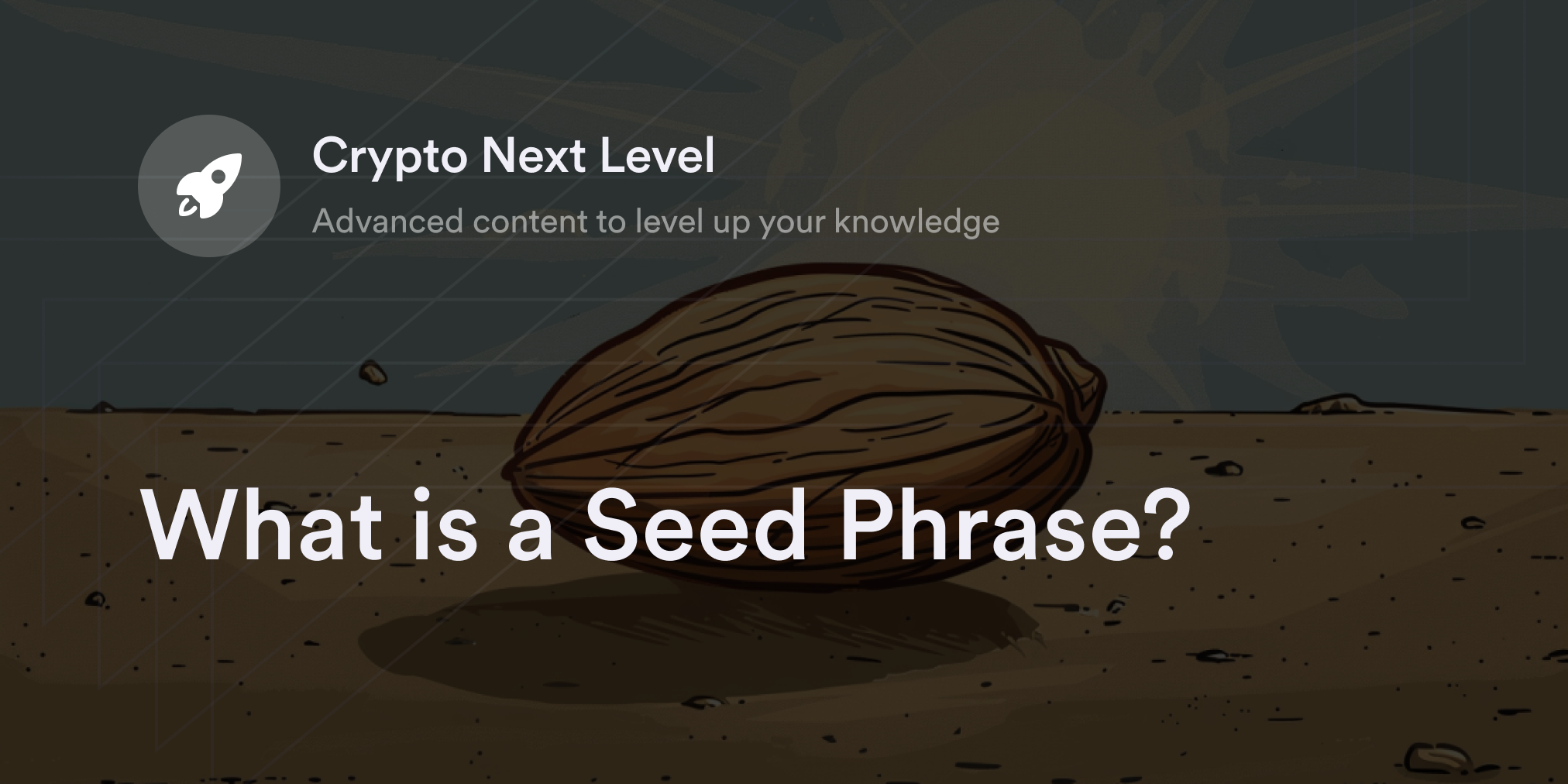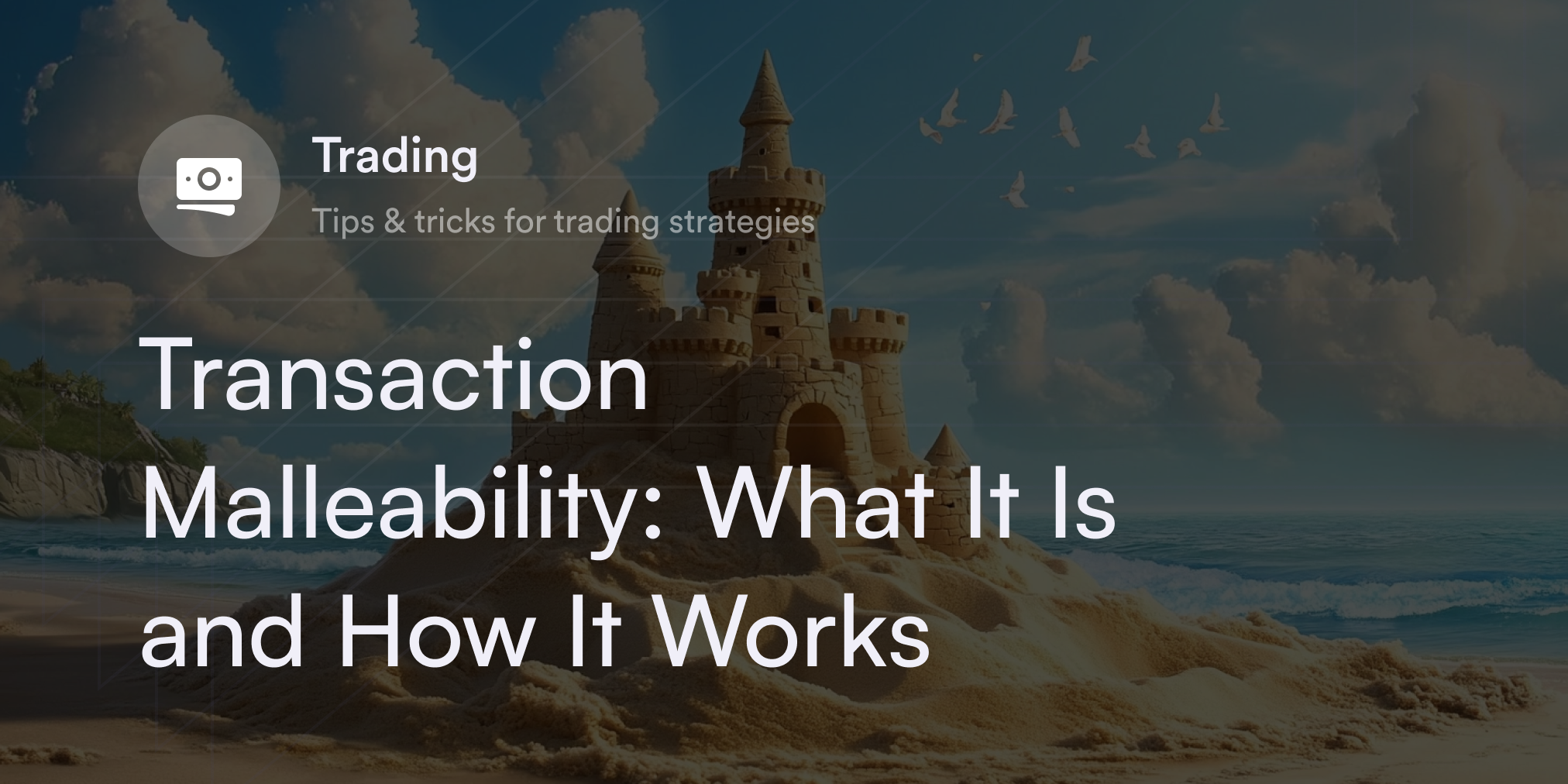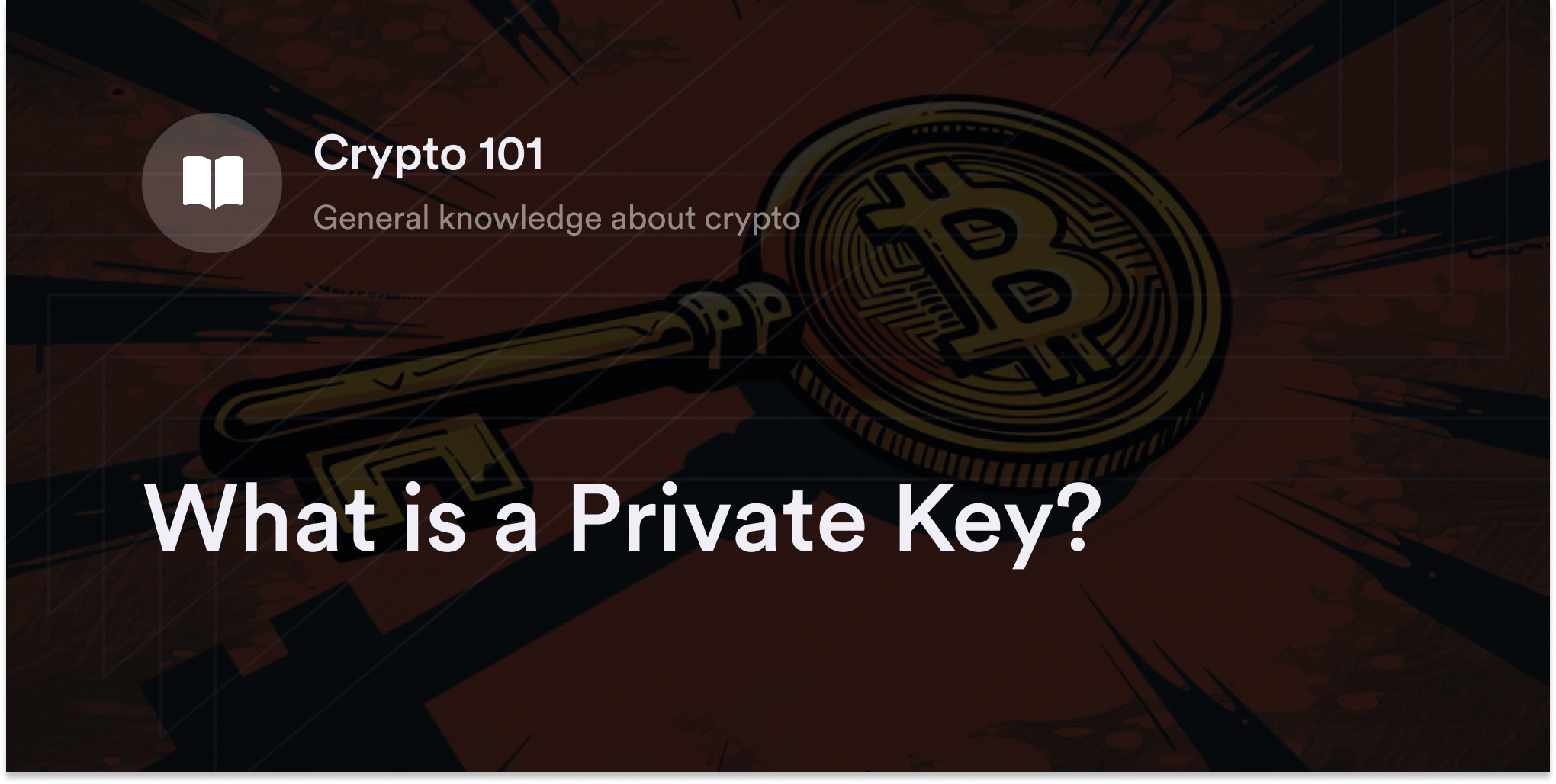


If you’ve ever signed a contract, you know it’s tedious. You typically need a law firm or bank that creates the contract and sends it to both parties. And if the contract has other prerequisites like third-party intervention, you must ensure you meet them before agreeing to the terms and conditions. Finally, all the parties thoroughly review and sign the agreement.
But when we refer to smart contracts, we leave out intermediaries and thick stacks of paper files with papers. Instead, we talk about blockchains, decentralization, and (most importantly) cryptocurrency.
We often associate Bitcoin (BTC) and its underlying decentralized software (aka blockchain) with online transactions and e-money transfers. In fact, cryptographer Satoshi Nakamoto explicitly used the phrase "A Peer-to-Peer Electronic Cash System" in the 2008 Bitcoin whitepaper’s title. Although peer-to-peer (P2P) blockchain payments are a significant use case for many digital assets, some crypto developers have loftier aims for this new technology. Indeed, a few crypto projects using smart contract programs believe P2P payments are only the beginning of the blockchain revolution.
So what are smart contracts, why have they become so influential in the cryptocurrency market, and how do crypto smart contracts build upon Bitcoin's foundational design?
What is a Smart Contract in Cryptocurrency?
Think of a smart contract as a digital legal document. It has a set of terms and conditions everyone agrees to before signing their names on the dotted line. But the difference between smart contracts and standard contracts is that the former exists on decentralized computer networks called blockchains, meaning smart contracts don't have third-party intermediaries like lawyers or banks. Instead, a smart contract is a software program that has a set of coded instructions and functions. When a smart contract's conditions occur, it automatically detects a state change in the blockchain and fulfills its preprogrammed actions.
For example, suppose Bob agrees to send Barbara a unique cryptocurrency called a non-fungible token (NFT) representing real-world property through the Ethereum blockchain. Bob and his realtor create a smart contract holding this virtual deed. Under this code, the NFT signifying ownership in Bob's house transfers to Barbara's smart contract’s wallet, provided she deposits $400,000 worth of the stablecoin USDC into the wallet address. Once the smart contract recognizes the deposit from Barbara's account, it sends the funds to Bob and the NFT deed to Barbara.
History of Smart Contracts
Computer scientist Nick Szabo introduced the concept of smart contracts in the ’90s, but the Ethereum blockchain brought this technology to the mainstream. In 2014, Ethereum's core developer Vitalik Buterin outlined his vision of using smart contracts to perform advanced self-executing functions on a cryptocurrency blockchain. This enabled third-party developers building on Ethereum to use smart contract technology to create decentralized online experiences for users––also called decentralized applications (dApps). As Ethereum (ETH) became a leading cryptocurrency, more competing smart contract platforms (e.g., Solana, Cardano, and the BNB Smart Chain) entered the crypto market.
Note: Traders track the best-performing smart contract blockchains on third-party crypto price aggregator sites, such as CoinMarketCap and CoinGecko.
What Makes Smart Contracts Important?
Smart contracts broaden blockchain technology’s potential applications. Besides serving as the backbone for a new financial paradigm, blockchain networks can process innumerable nuanced agreements between counterparties. Smart contracts’ transparency and reliability make them an applicable technology for any situation involving exchanges between two or more entities, such as legal disputes, insurance claims, and real estate ownership. Everything in a smart contract's code is open for review beforehand so people fully understand the agreement terms before signing. Because smart contracts are publicly viewable, auditable, and automatic, they remove potential conflicts of interest from centralized entities, paving the way for greater decentralization in dozens of industries.
The Benefits of Smart Contract Technology
Some smart contract fans believe the technology is one of the most impactful inventions in recent tech history. The more institutions appreciate the benefits of smart contract technology, the greater odds it will become a game-changing software in the 21st century.
Here are a few advantages:
Transparency: Oftentimes, programmers publish open-source code for their smart contract protocols, making it easy for clients and auditors to review every detail in these online arrangements. Also, the transfer data, history, and ownership rights related to a smart contract are open for scrutiny on blockchain explorers, such as Etherscan. Since reviewing all aspects of a smart contract's terms and conditions is easily accessible, there are no secrets or surprises once people sign up for a smart contract.
Trustless: Since a smart contract's design is highly transparent, it’s easy for even two (or more) strangers to sign a contract without trust issues. Counterparties in a smart contract agreement only have to agree to the terms and conditions in the program's code. As the smart contract only executes commands per its precoded instructions, people can't run off with the contract's funds if they don't fulfill their bargain.
Immutability: When a developer deploys a smart contract on a blockchain, it's fixed forever. While creating a new smart contract with different terms is possible, changing one of these programs is impossible once it's on a public blockchain. This "immutability" further increases people's confidence that their smart contract will fulfill its commands without third-party manipulation.
Use cases: Any situation where two or more people want to enter an agreement is a potential use case for smart contract technology. Countless industries––such as supply chains, real estate, and insurance––already experiment with smart contracts to streamline operations. The versatility and transparency of smart contract design make it one of the most influential Web3 technologies within and outside the crypto market.
Smart Contract Use Cases
Although smart contracts’ potential applications are limitless, a few prominent areas exist where this technology makes a noticeable impact. Likely, as more industries learn about the potential benefits of smart contracts, these programs may spill into more sectors of the global economy. Here are some examples of smart contracts in action:
Decentralized finance (DeFi): DeFi applications offer financial services––such as lending, borrowing, and trading—without third-party intermediaries. Instead, these DeFi dApps run on smart contract blockchains like Ethereum, Solana, and Cardano to provide P2P transactions. Smart contracts’ automation makes it possible to securely record and process P2P crypto transfers throughout the DeFi ecosystem.
Insurance: Smart contracts revolutionize the insurance industry by doing away with costly and time-consuming manual inspections. For example, a smart contract insurance policy might link with weather data feeds to determine whether a farmer qualifies for coverage. If there are abnormally high temperatures or natural disasters like floods or storms, the smart contract automatically funds the farmer's account with insurance protections.
Real estate: Some realtors already use smart contracts, NFTs, and blockchain technology to transfer and prove property ownership. It's also possible for homeowners to divide real estate tokens into "fractional NFTs," making it easier to distribute a property’s portions among multiple stakeholders.
Gaming: Smart contract-enabled games like "Axie Infinity" and "Gods Unchained" open new opportunities for crypto incentives and passive income opportunities. With smart contracts, developers give gamers more ownership over in-game properties or rewards such as avatars, virtual land NFTs, and digital trading cards. Since gamers own these cryptocurrencies in their private wallet, they can trade the virtual currencies outside the game's official platform, giving them more control over their pastime.
Decentralized voting: To make their protocols as democratic as possible, Web3 developers often use a governance structure called "decentralized autonomous organizations" (DAOs) in their applications. DAOs use smart contracts to tally votes from the community and execute commands according to the majority’s will. The transparency and determinacy of smart contract voting proposals reduce manipulation risk from external sources.
Are There Risks to Using Smart Contract Technology?
Smart contracts are an exciting breakthrough in crypto technology, but concerns over their safety exist. Since these contracts solely rely on code, no central authorities can protect users if there's a hack, glitch, or data breach.
The "DAO hack" of 2016 is a prime example of the potential security risks of using smart contracts. Shortly after raising $150 million in funding, hackers exploited a vulnerability in this early Ethereum governance community's smart contract code to steal $55 million. News of this hack sparked intense debate in the blockchain community over whether to intervene to create a new blockchain and recover these funds. If enough people in the developer community didn't split to create a new "Ethereum" blockchain (in contrast to the original "Ethereum Classic" chain), DAO users had no chance of recovering their funds.
Although smart contracts are transparent with open-source code, this introduces a new barrier to entry for people unfamiliar with the complexities of blockchain programming languages. Instead of reading through legal documents in English or another language, people interested in smart contracts need to depend on coding experts to confirm there aren't loopholes or bugs in their chosen protocol. Even as developers refine smart contract coding standards, some people don't feel comfortable entering these arrangements due to their lack of understanding around the online code’s intricacies.
Get ‘Smarter’ about Crypto Software on dYdX Academy
Head to dYdX's blog to get the latest about dYdX’s products. Also, check out our Academy to learn more about how blockchain and Web3 reshape the digital economy. Here, you'll find dozens of helpful articles and guides on the latest crypto projects and innovations, including DeFi, liquidity pools, and NFTs.
dYdX also offers eligible traders a safe, decentralized trading platform for users interested in trading crypto perpetual swaps.
Eligible traders can start trading on dYdX today!
Disclaimer
The content of this article (the “Article”) is provided for general informational purposes only. Reference to any specific strategy, technique, product, service, or entity does not constitute an endorsement or recommendation by dYdX Trading Inc., or any affiliate, agent, or representative thereof (“dYdX”). Use of strategies, techniques, products or services referenced in this Article may involve material risks, including the risk of financial losses arising from the volatility, operational loss, or nonconsensual liquidation of digital assets. The content of this Article does not constitute, and should not be considered, construed, or relied upon as, financial advice, legal advice, tax advice, investment advice, or advice of any other nature; and the content of this Article is not an offer, solicitation or call to action to make any investment, or purchase any crypto asset, of any kind. dYdX makes no representation, assurance or guarantee as to the accuracy, completeness, timeliness, suitability, or validity of any information in this Article or any third-party website that may be linked to it. You are solely responsible for conducting independent research, performing due diligence, and/or seeking advice from a professional advisor prior to taking any financial, tax, legal, or investment action.
You may only use the dYdX Services in compliance with the dYdX Terms of Use available here, including the geographic restrictions therein.
Any applicable sponsorship in connection with this Article will be disclosed, and any reference to a sponsor in this Article is for disclosure purposes, or informational in nature, and in any event is not a call to action to make an investment, acquire a service or product, or purchase crypto assets. This Article does not offer the purchase or sale of any financial instruments or related services.
By accessing this Article and taking any action in connection with the information contained in this Article, you agree that dYdX is not responsible, directly or indirectly, for any errors, omissions, or delays related to this Article, or any damage, injury, or loss incurred in connection with use of or reliance on the content of this Article, including any specific strategy, technique, product, service, or entity that may be referenced in the Article.







